
Whyte in his prime, cigar at the ready,
in Moscow, about 1968
Champagne and Meatballs
Working Canadians: Books from the CCLH
Series editors: Alvin Finkel and Greg Kealey
The Canadian Committee on Labour History is Canadas organization of historians and other scholars interested in the study of the lives and struggles of working people throughout Canadas past. Since 1976, the CCLH has published Labour/Le travail, Canadas pre-eminent scholarly journal of labour studies. It also publishes books, now in conjunction with AU Press, that focus on the history of Canadas working people and their organizations. The emphasis in this series is on materials that are accessible to labour audiences as well as university audiences rather than simply on scholarly studies in the labour area. This includes documentary collections, oral histories, autobiographies, biographies, and provincial and local labour movement histories with a popular bent.
Series Titles
Champagne and Meatballs: Adventures of a Canadian Communist
by Bert Whyte, edited and with an introduction by Larry Hannant
Champagne
and
MEATBALLS
ADVENTURES of a
CANADIAN COMMUNIST
Bert Whyte
edited and with an introduction by
Larry Hannant

2011 Larry Hannant
Published by AU Press, Athabasca University
1200, 10011109 Street Edmonton, AB T5J 3S8

Library and Archives Canada Cataloguing in Publication
Whyte, Bert, 19091984
Champagne and meatballs : adventures of a Canadian communist
/ Bert Whyte ; edited and with an introduction by Larry Hannant.
(Working Canadians, ISSN 1925-1831)
Includes index.
Also issued in electronic format (ISBN 978-1-926836-09-6).
ISBN 978-1-926836-08-9
1. Whyte, Bert, 19091984.
2. Communists Canada Biography.
3. Communist Party of Canada Biography.
4. Journalists Canada Biography.
5. Soldiers Canada Biography.
I. Hannant, Larry, 1950
II. Title.
III. Series: Working Canadians
HX104.7.W59A3 2011 335.43092 C2010-907657-5

Cover and book design by Natalie Olsen, Kisscut Design.
All photographs courtesy of the Whyte family.
Printed and bound in Canada by Marquis Book Printing.
We acknowledge the financial support of the Government
of Canada through the Canada Book Fund (CBF) for our
publishing activities. 
Please contact AU Press, Athabasca University at aupress@athabascau.ca for permissions and copyright information.
A volume in the Working Canadians: Books from the CCLH series
ISSN 1925-1831 (Print) ISSN 1925-184X (Online)
 Canadian Committee on Labour History
Canadian Committee on Labour History
Dedicated to Berts son, Rick Whyte,
and grandsons, Kevin Albert and Dylan Albert
Acknowledgements
In my ongoing quest to interview communists of a certain age, in 2006 I made the acquaintance in Toronto of John Boyd. How I had missed him before that year is one of lifes oddities. Then over ninety years of age, John sat with me for three hours answering my questions and engaging in a lively discussion about the inner politics of the Communist Party of Canada, which he knew intimately for decades. Towards the close of the conversation, he said to me, You should look up Monica Whyte in Victoria. She has the manuscript memoir of her husband, Bert Whyte. With that, I came to my pleasure and instruction to know Monica and to gain access, indirectly, to Bert Whyte. John has continued to offer assistance that has helped turn Champagne and Meatballs from a manuscript into a book. Numerous other people have also contributed in many ways. Monica Whytes input is too comprehensive to begin to describe. Jon Rathbone transformed Whytes original typescript into clean computer copy ready for editing; he scanned photos, transcribed a lengthy interview with Monica, and has retained an enduring interest in the Whytes and their story. Bryan Palmers assistance has been invaluable. He will disagree perhaps quite strongly with some aspects of the introduction. But the fact that, despite his objections, he read both the introduction and the manuscript carefully and made numerous insightful comments speaks to his dedication not just to scholarship but to Left politics in Canada and beyond. Others have read the introduction in various manifestations and offered important suggestions. Jim Hamm, Franca Iacovetta, David Lethbridge, Reg Whitaker, and an anonymous reader for Athabasca University Press are among them. Kim Willoughby encouraged me to persist in the project. All errors, of course, are my own.
LARRY HANNANT
In addition to John Boyd, I would like to thank Lori Boittiaux for her assistance in organizing and copying the many letters that Bert wrote to Rick and to me, excerpts from which now form a final chapter to Champagne and Meatballs.
If not for Larrys driving force, this book would still be a manuscript sitting in a drawer.
MONICA WHYTE
Champagne and Meatballs

Introduction
Champagne and Meatballs is Bert Whytes account of how he navigated half a century of historical upheaval, mayhem, and catastrophe. Historians call it the twentieth century. Whyte cut a merry path through the Roaring Twenties, bummed across Canada like countless others during the Depression of the 1930s, battled fascism in the Second World War, and held fast to communism throughout the 1950s, despite the Cold War. Communism and anti-communism marked much of his life. He lived through decades when people worldwide were expected to choose between being Red or White. Always the rebel, Whyte dared to be Red. Yet while his choice imposed a burden on him, Whyte was never weighed down by it, and his writing displays this ebullience. Champagne and Meatballs is by turns funny, irreverent, and revealing. Whyte considered it to be an autobiography of sorts. He thought it presumptuous to claim to write a formal autobiography, so he assembled a collection of engaging stories about a life of adventure.
As were swept into Champagne and Meatballs we discover a man of action with considerable writing talent. True, its untutored. Whyte never spent so much as an hour in journalism school. But even the first articles he wrote for the Communist Party of Canada (CPC) press What I Know About Relief Camps, A Worker Is Dead, and Night Freight illustrate a capacity to use first-hand observation to vividly sketch the reality of life for common folk. Whyte began writing for the communist press in 1936 and continued to do so for almost forty years. Not only did he cover events across a good part of Canada, he also filed articles from Europe during World War II, and, as official
Next page

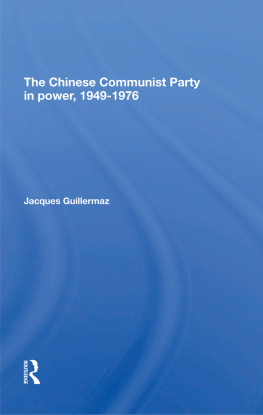
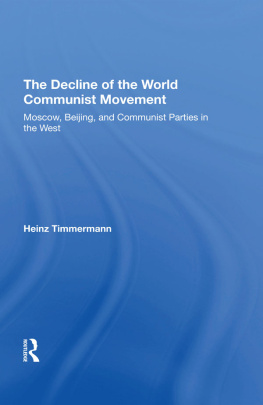
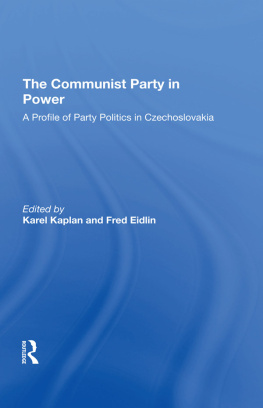
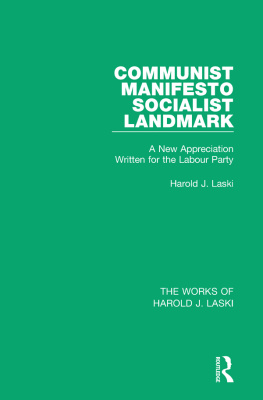
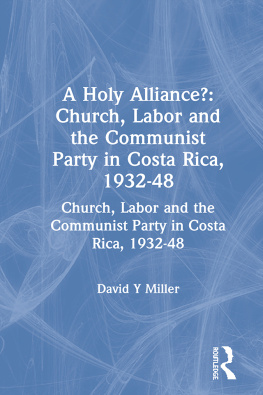
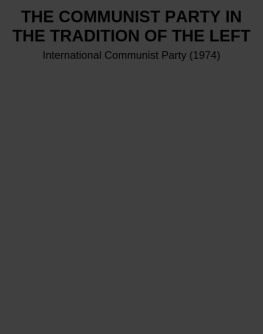
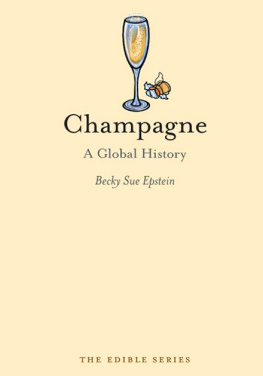
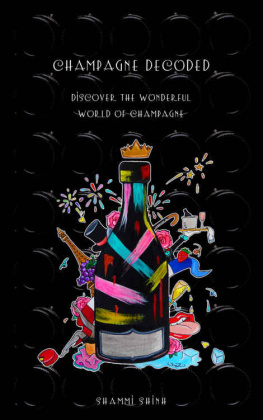





 Canadian Committee on Labour History
Canadian Committee on Labour History